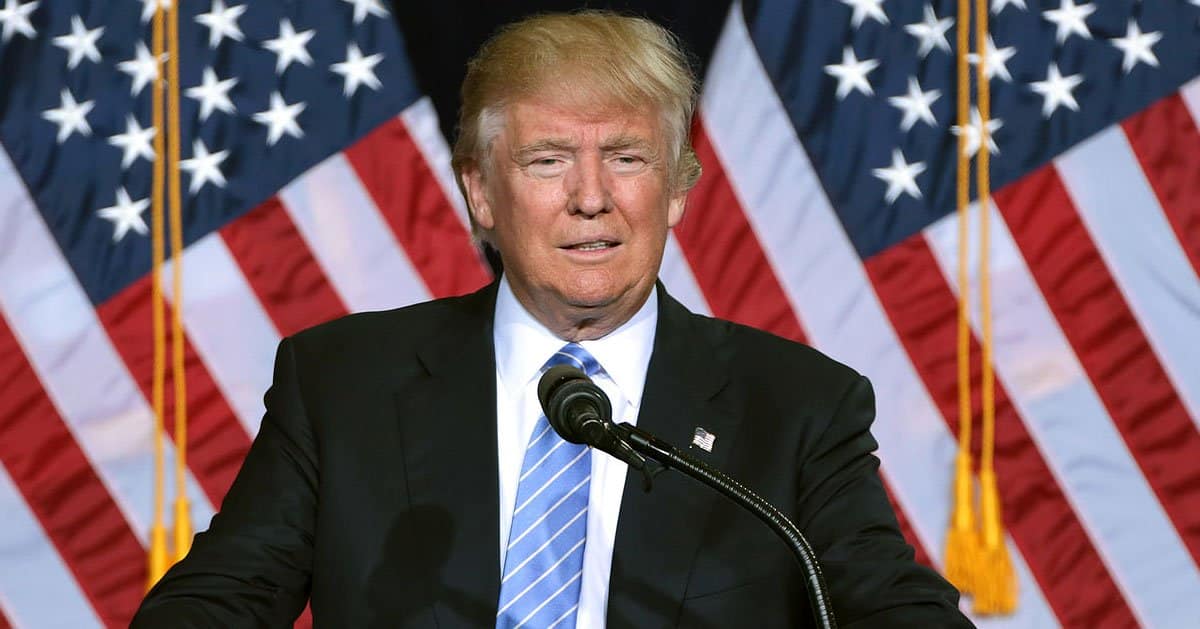







Robert King was arrested in McKinney, Texas, due to threats he made against U.S. Immigration and Customs Enforcement (ICE) agents and Department of Homeland Security (DHS) Secretary Kristi Noem. His arrest was predicated on alarming social media statements that came to light after a TikTok video advocating violence against ICE officials went viral.
Breitbart reported that authorities took King into custody after he expressed alarming intentions through his social media, representing a significant step in ensuring the safety of law enforcement personnel.
The dramatic arrest occurred when Homeland Security Investigations (HSI) agents from Dallas cornered King in McKinney, Texas.
His ominous threats reportedly included intentions to attack ICE agents if they appeared in his neighborhood, underscoring the seriousness of the situation. These threats quickly attracted the attention of law enforcement officials who deemed them terroristic in nature.
The situation escalated following a controversial viral video posted by a TikTok creator. This video urged individuals to shoot at ICE agents on sight and claimed that ICE personnel were difficult to identify due to their use of masks, unmarked vehicles, and absence of visible identification.
The creator of the video emphasized that such conditions could allow for mistaken identity, suggesting that ICE agents could be confused for criminals.
The video, which has since been removed from TikTok, captured public attention and stirred up significant controversy. The creator questioned the motivations behind individuals choosing to work as ICE agents, raising issues around family separations and deportation of students.
These comments contributed to a heated online debate about immigration enforcement and law enforcement practices in general.
DHS Secretary Kristi Noem unequivocally condemned any threats or actions against law enforcement officers. She stated that anyone attempting to endanger officers would face prosecution to the full extent of the law, reinforcing the government's stance on this matter.
Her comments highlighted the seriousness with which such threats are taken, especially given the complex and often contentious nature of immigration enforcement.
While the arrest of Robert King serves as a stark reminder of the consequences of making threats, it also reflects broader tensions surrounding immigration policies and their enforcement.
The clash between social media rhetoric and law enforcement underscores the challenges faced by government agencies in maintaining order while respecting individual rights to free expression.
Platforms like TikTok have become arenas for heated discussions on contentious issues, including immigration enforcement.
The incident involving King and the viral video adds to the ongoing dialogue about the role of social media in influencing public opinion and potentially inciting unlawful actions.
The arrest has sparked discussions about the responsibilities of content creators and the potential impact of their messages. It raises questions about the balance between free speech and public safety, particularly when statements could incite violence or disrupt public order.
As authorities continue to monitor such situations, cases like these underline the importance of vigilance in identifying and addressing threats in the digital age. Social media's rapid dissemination of ideas, both constructive and harmful, requires robust mechanisms to prevent escalation into threats or actual harm.
The handling of the Robert King case reflects broader implications for homeland security strategies and the measures taken to ensure public safety. While threats against law enforcement are not entirely new, the reach and influence of social media introduce novel complications that authorities must navigate.



